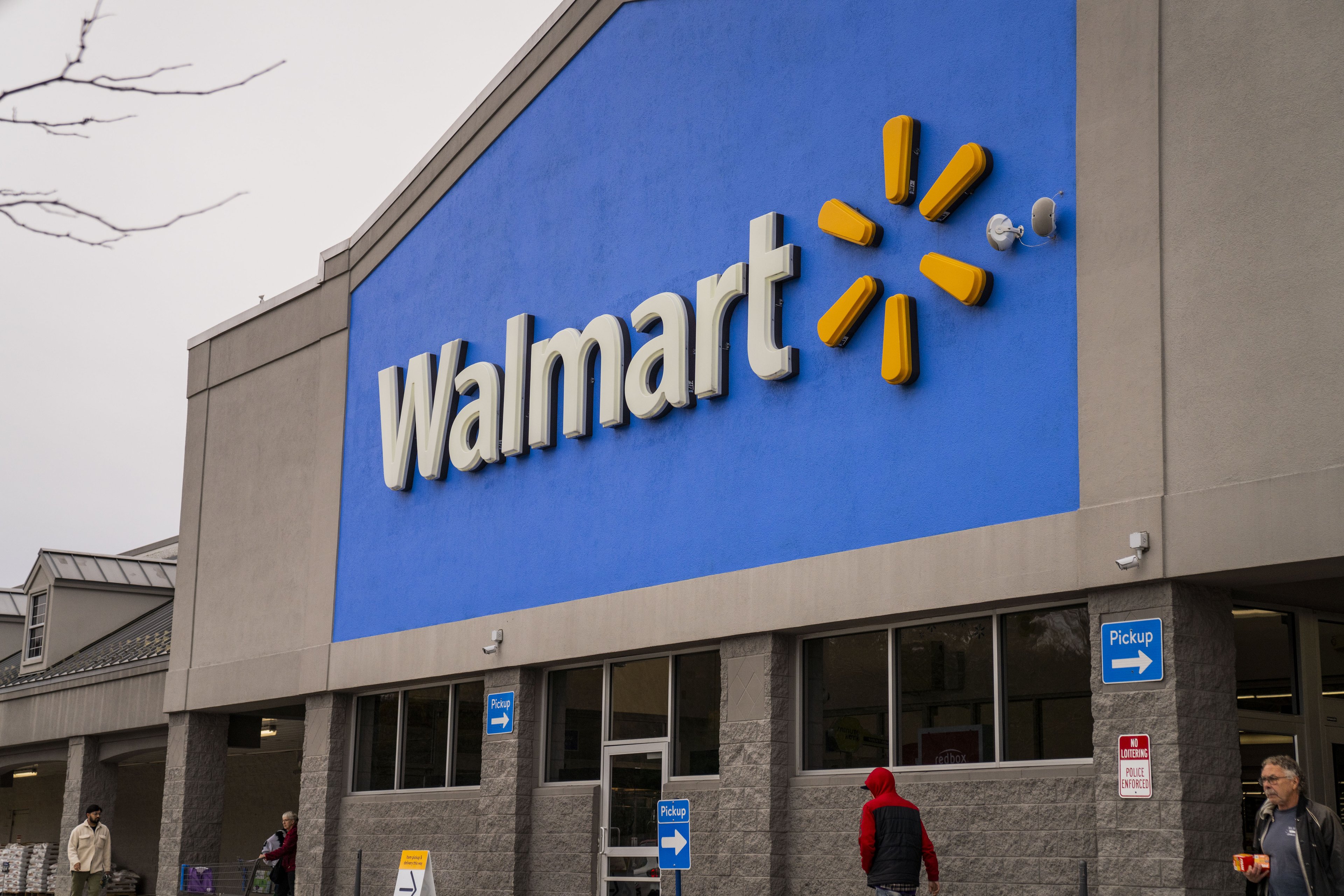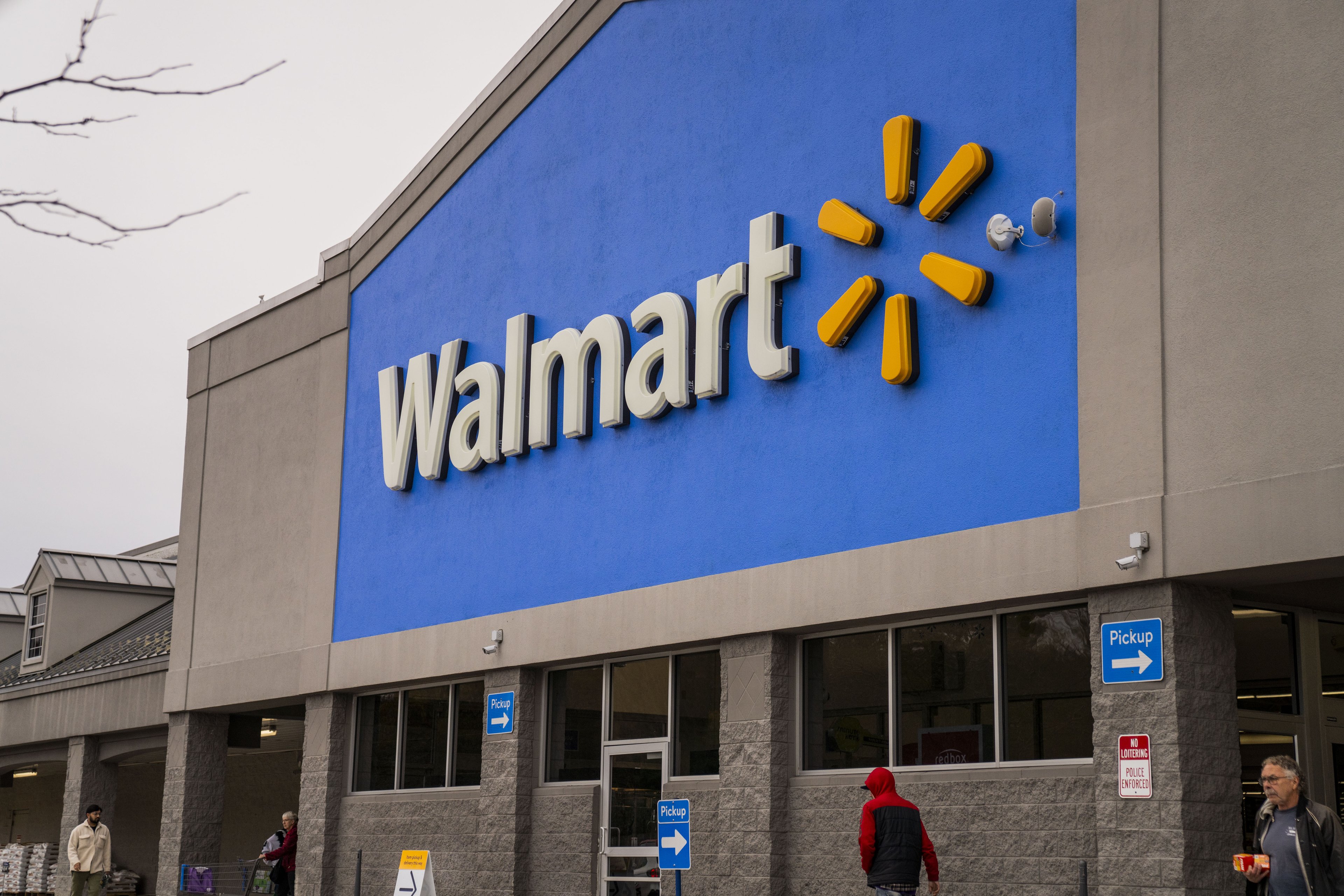
It's nice to think that companies like Wal-Mart (WMT +0.12%) and Walgreen (WAG +0.00%) could drive a stake through the heart of the tobacco industry if they chose not to sell cigarettes. But this simply isn't the case.
Lawmakers from two dozen states came together over the weekend to call on a handful of major retailers (with pharmacies) to stop carrying tobacco products. Wal-Mart, Walgreen, and Rite Aid were the three most notable companies to receive the formal request.
"Pharmacies and drug stores, which increasingly market themselves as a source for community health care, send a mixed message by continuing to sell deadly tobacco products," said New York Attorney General Eric Schneiderman, who spearheaded the effort.
And according to Ohio Attorney General Mike DeWine, "My fellow Attorneys General and I are asking these national retailers to take an additional step forward in keeping tobacco products away from youth by voluntarily not selling them in their stores with pharmacies."
The move comes after CVS Caremark (CVS +0.62%), another leading pharmacy, began taking tobacco products off its shelves earlier this year. At the time, CVS said its decision will cost an estimated $2 billion a year in forgone revenue, amounting to a roughly 1.6% decline relative to the last 12 months.
Its CEO Larry Merlo was clear that "Ending the sale of cigarettes and tobacco products at CVS/pharmacy is the right thing for us to do for our customers and our company to help people on their path to better health."
But even assuming that retailers like Wal-Mart and Walgreen follow suit, there's little reason to believe that the tobacco industry will be driven asunder. This is because only a minority, or 8%, of tobacco sales derive from drugstores and supermarkets. By comparison, gas stations account for 48% of sales, while tobacco and convenience stores account for 21% and 16%, respectively.

On top of this, there's reason to doubt whether a company like Wal-Mart would voluntarily stop selling any particular product unless it's obligated to do so. As its current CEO Doug McMillon told The Wall Street Journal five years ago, "It's a big business, so it makes it harder to stop."
The net result is that Wal-Mart, Walgreen, and Rite Aid are stuck between a rock and a hard place. In this regard, they are little different from nicotine-addicted smokers who understand the importance of quitting, but can't get around to doing so.







